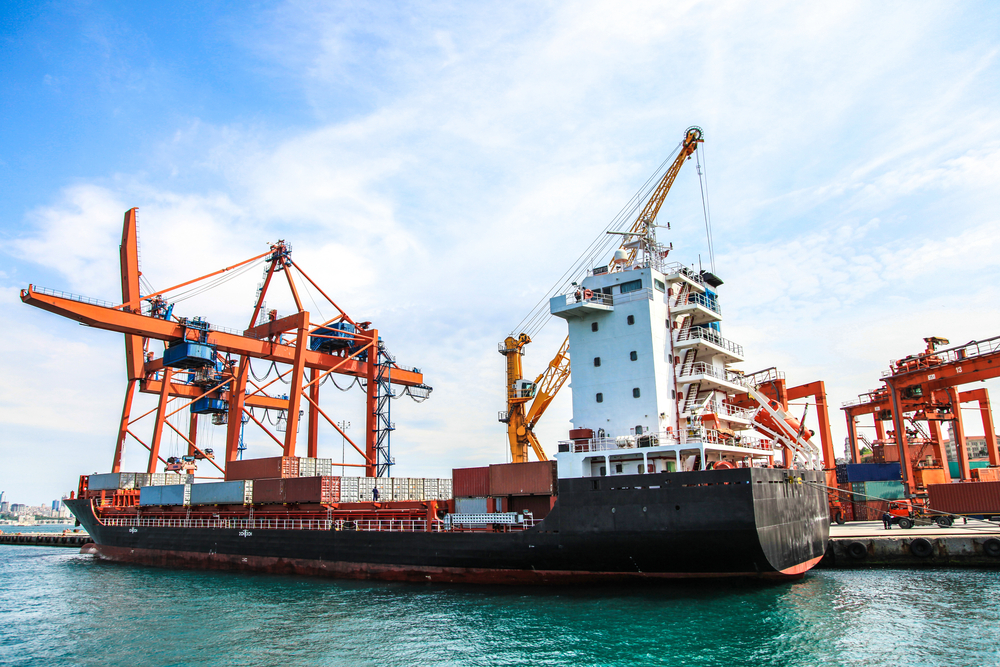Ships are unknowingly contributing to biodiversity loss and ecosystem degradation by carrying invasive organisms across waters, a new Tel Aviv University report shows.
Invasive ascidians — sac-like marine invertebrate filter feeders — are nuisance organisms that present a global threat, the study shows. And research shows that these marine invertebrates hitch a ride on half of all the marine vessels passing through Israel’s Mediterranean coast.
“These organisms are well known in the US and Canada,” said Dr. Noa Shenkar, of TAU’s Department of Zoology and of The Steinhardt Museum of Natural History and Israel National Center for Biodiversity Studies. “In Israel, they are passing through the Suez Canal, latching onto ropes and the bottom of the ship. They’re filter feeders, so they cover and clog every surface they latch onto, creating a lot of drag for the ship and damaging marine biodiversity in their new environments. They’re a major threat to our coasts and are very costly to ship owners.”
During the study, the scientists discovered a Caribbean species new to the region, noting that the monitoring of marine vessels can serve as an effective tool for the early detection of non-indigenous ascidians.
The researchers inspected 45 vessels pulled from the sea and cleaned in various shipyards around Israel. They investigated both commercial and military boats, finding that the military vessels, which undergo maintenance every six months, were actually more prone to ascidian invasion. Commercial ships are cleaned every two years by law.
“Military vessels are cleaned every six months but are not being properly cleaned for these invasive species,” said Shenkar said. “These species hide on the sea chest, under the bottom of the boat. Maintenance for commercial ships is much more thorough, including repainting and hosing down every nook and cranny of the vessel.”
The researchers are currently working with policymakers in Israel and the EU to tailor environmental protection measures that would ward off non-indigenous ascidians.
The research was conducted by Mey-Tal Gewing, of TAU’s School of Zoology and led Shenkar. It was recently published in Marine Pollution Bulletin.
Fighting for Israel's truth
We cover what makes life in Israel so special — it's people. A non-profit organization, ISRAEL21c's team of journalists are committed to telling stories that humanize Israelis and show their positive impact on our world. You can bring these stories to life by making a donation of $6/month.





